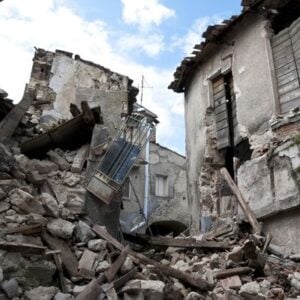The UN Assistance Mission in Afghanistan (UNAMA) has warned that recent restrictions on women nationals working for the United Nations are putting life-saving humanitarian assistance and essential services at risk for hundreds of thousands of people affected by last month’s deadly earthquake. On Sunday, de facto security forces barred women Afghan staff and contractors from entering UN compounds in Kabul, and the restrictions were soon extended to field offices across the country, enforced visibly at entrances in Kabul, Herat, and Mazar-i-Sharif.
These measures exacerbate longstanding restrictions on the rights of Afghan women and girls, following the Taliban’s return to power four years ago, which has included bans on secondary education for girls and prohibitions on women working in most sectors, including NGOs. Reports indicate that women national staff are also being blocked from traveling to field locations, including sites providing critical support to women and girls affected by the earthquake, as well as operational sites for Afghan returnees from Iran and Pakistan.
Since January, over 2.4 million people have returned or been forced to return to Afghanistan, according to UNHCR. As a result of the restrictions, UNHCR has temporarily suspended activities at sites providing cash assistance and other support to returnees, as it is not possible to serve female beneficiaries without female staff. The agency emphasized that these operational suspensions were necessary to ensure culturally sensitive and effective assistance.
The UN is engaging with the de facto authorities and calling for the immediate lifting of restrictions to allow critical support to continue. UNAMA highlighted that previous arrangements had enabled the delivery of aid by women for women across the country, following a principled and culturally sensitive approach. In the meantime, UN agencies have implemented operational adjustments to protect staff and explore options for maintaining essential services. The UN stressed that obstructing the movement of its personnel violates international rules governing the privileges and immunities of its staff.






